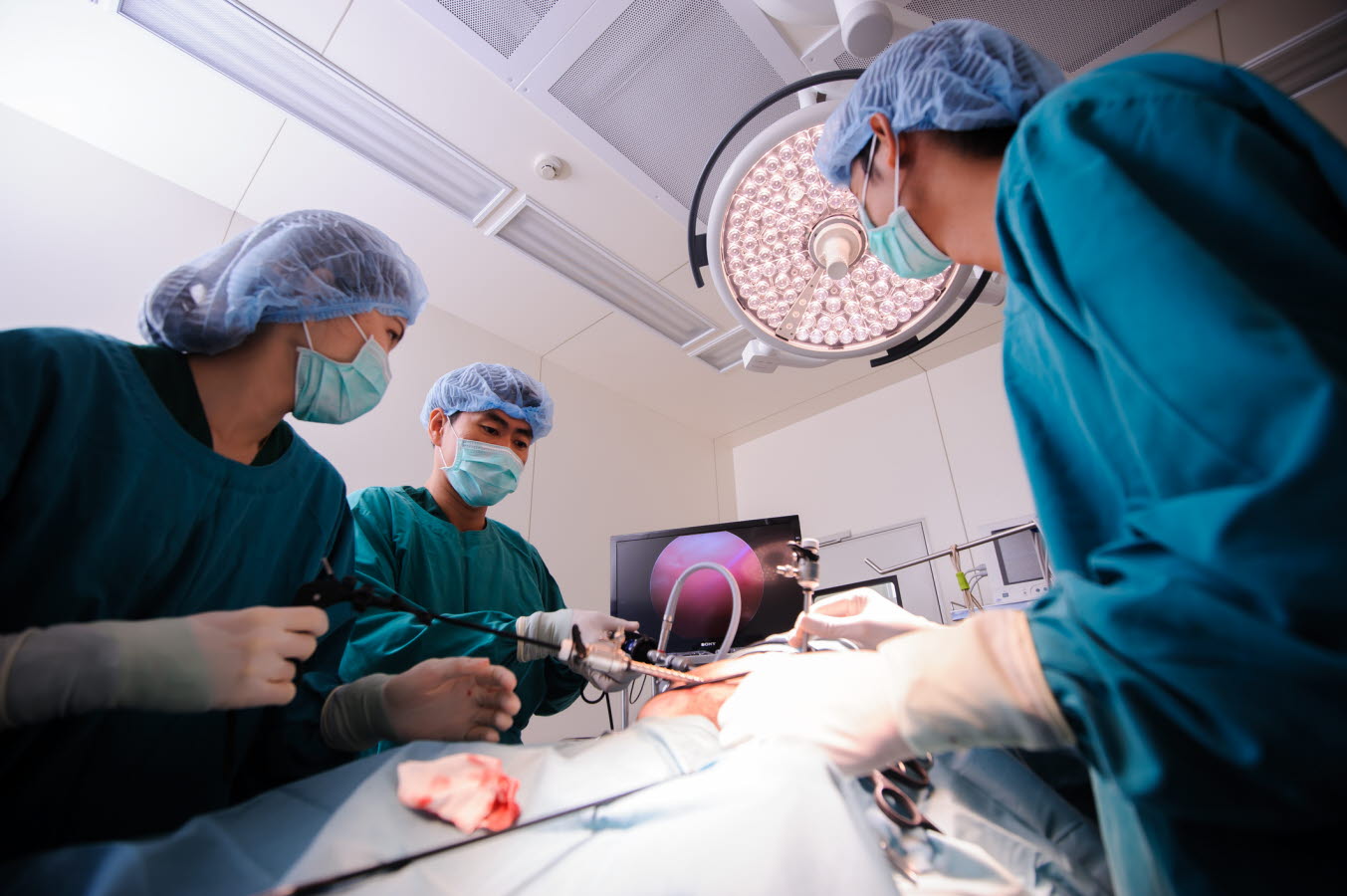
Have you noticed your local veterinary clinic being busier lately, or it's more difficult to get an appointment?
Many veterinary clinics worldwide have experienced a significant increase in workload during the COVID-19 pandemic. This increased work, combined with a requirement to meet health and safety guidelines to reduce the spread of COVID-19, and staff shortages, has meant that many veterinary clinics have struggled to keep up with the demand for services.
Higher workload
Veterinary clinics in many areas of the world have reported an increase in demand for consultations and medical/surgical care of pets. This is due to:
- More new pets – many people decided to adopt or buy a pet during the COVID-19 pandemic. According to the latest Animal Medicines Australia survey, 69% of households own a pet, up from 61% in 2019. This has created more puppy and kitten checks and vaccination appointments, and more routine surgeries such as desexing.
- Increased owner awareness – with more people working from home than ever, pet owners have spent more time hanging out with their furry family members. This has resulted in increased pet owner awareness of their pet’s normal and abnormal behaviours, and increased recognition of health problems.
Reduced capacity
Coupled with this increased demand for veterinary services has been a reduced daily veterinary teamwork capacity. This has occurred due to:
- Social distancing limitations – during lockdown periods, contact between veterinary staff and pet owners was generally limited to drop-off appointments, where pet owners waited outside and communicated with the vet by phone or online chat. These procedures prevented the usual time-saving simultaneous examination and communication process of a normal consultation, often extending appointments to double the usual time period. As a result, this halved the number of total daily consultations vets could see!
- Less veterinary staff on duty – due to the highly infectious nature of the Omicron variant, the veterinary profession is experiencing critical staff shortages across their teams due to illness and quarantine requirements. To try and reduce the potential spread of illness within a veterinary team (and therefore keep clinics open as much as possible), many clinics made the decision to divide their staff into two or more set teams rostered on different days. This meant that shifts were often covered by a reduced number of staff.
- Shortage of veterinarians – the pandemic has compounded pre-existing workforce issues which are affecting the veterinary profession, and leading to a relative shortage of veterinarians available to fill positions in veterinary practices. In addition, international and state border restrictions have limited the ability of veterinarians to easily move to new jobs. As a result, some clinics have been unable to recruit vets to work during these busy times. This has meant that in many veterinary practices, vets are overworked and struggle to manage the demand for their services – resulting in longer waiting times for pet owners.
What you can do to help
Global pandemic or not, your veterinarian is always aiming to provide the best health treatment for all the pets in their care. Reduced veterinary capacity has necessitated careful prioritisation of pet medical needs, with ill or urgent cases being attended to first, and non-urgent procedures, consultations or medication requests being completed later.
The most important ways you can help your veterinary clinic during this busy time are:
- Phone to book advance appointments for non-urgent veterinary care.
- Try to be patient with and appreciative of your veterinary team – vets are already under high stress, and the extra workload of the COVID-19 pandemic has only heightened this.
- Request prescription medication refills 4-5 working days prior to your pet running out – this gives the clinic time to process requests (which require veterinary review and approval), and order in the medication.
Please pack your patience, empathy and understanding when you visit the vet. With your understanding and cooperation, your veterinarian can continue to offer your pet, and many others, the benefits of experienced, thorough and kind medical care.
